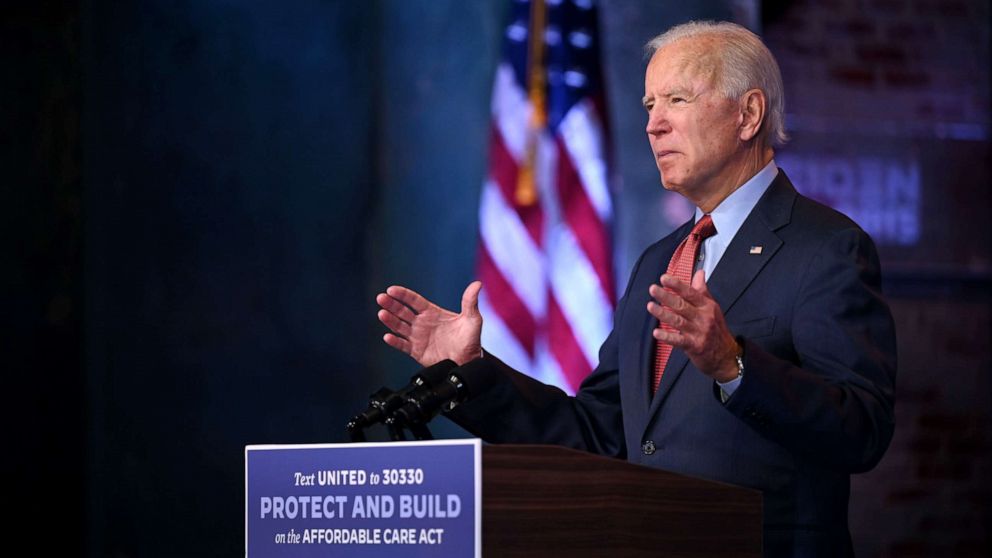Joe Biden to shore up Affordable Care Act after Trump assault on health law
This story is part of "America in Transition," a series of in-depth reports on key parts of Donald Trump's legacy, Joe Biden's plans for change and what's at stake for all Americans. It airs weekly on ABC News Live Prime at 7 p.m. ET.
A decade after famously heralding Obamacare as a "big f---ing deal," Joe Biden is preparing an ambitious rescue mission for the landmark health law that Donald Trump spent four years trying to tear down.
Health care advocates familiar with Biden's plans expect steps to shore up the Affordable Care Act will be included in the COVID relief bills that are the new administration's first legislative priority.
A sweeping $1.9 trillion proposal Biden unveiled Thursday includes increased premium tax credits for those purchasing health insurance on the ACA marketplace and a cap on premiums for eligible Americans at no more than 8.5% of their income.
The Biden team says the provisions would reduce premiums for more than 10 million and boost insurance enrollment nationwide.
Millions of Americans who lost employer-based health coverage in the recession have turned to the ACA since the pandemic began. Millions more still have no insurance at all.
"This is the first recession where the ACA is in place as a safety net for people who find themselves unemployed and without health insurance," said Larry Levitt, executive vice president for health policy at the nonpartisan Kaiser Family Foundation.
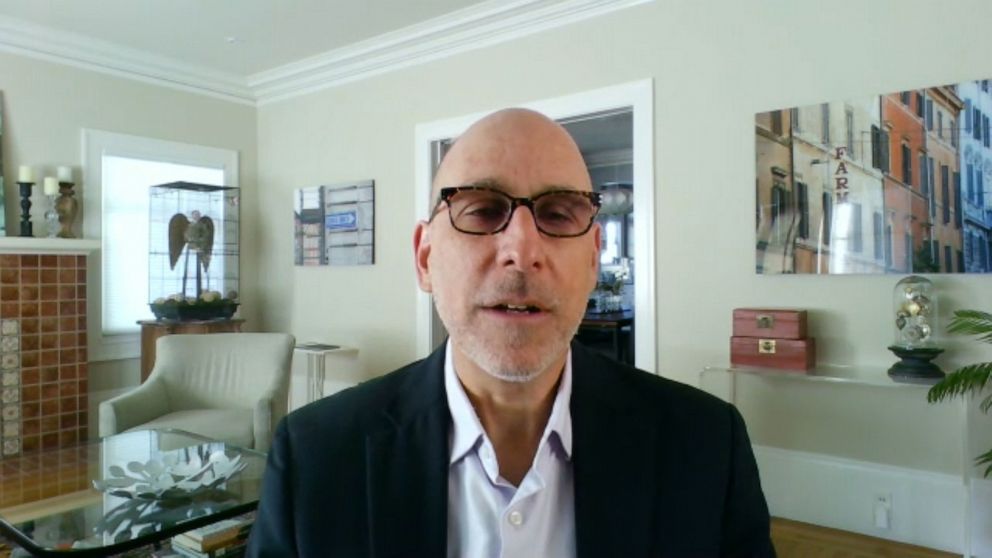
"We've seen an increase in people coming to the ACA exchanges as they lose their jobs. We've also seen big increases in Medicaid, which is part of that ACA safety net," Levitt told ABC News Live.
Unable to fully repeal the law, President Donald Trump has led an administrative assault on key provisions, gutting outreach programs to boost enrollment, cutting incentives for participating insurers and expanding waivers for states to opt-out of coverage requirements.
Trump also joined a coalition of 20 Republican-led states late last year asking the Supreme Court to strike down the law, in the middle of a pandemic, even without an alternative in place. A ruling is expected this spring.
"I think the odds that they're going to strike it down are low. That's based on close analysis of the briefing in the case. But a low chance is not a zero chance," said Nicholas Bagley, a professor and expert in health law at the University of Michigan Law School.
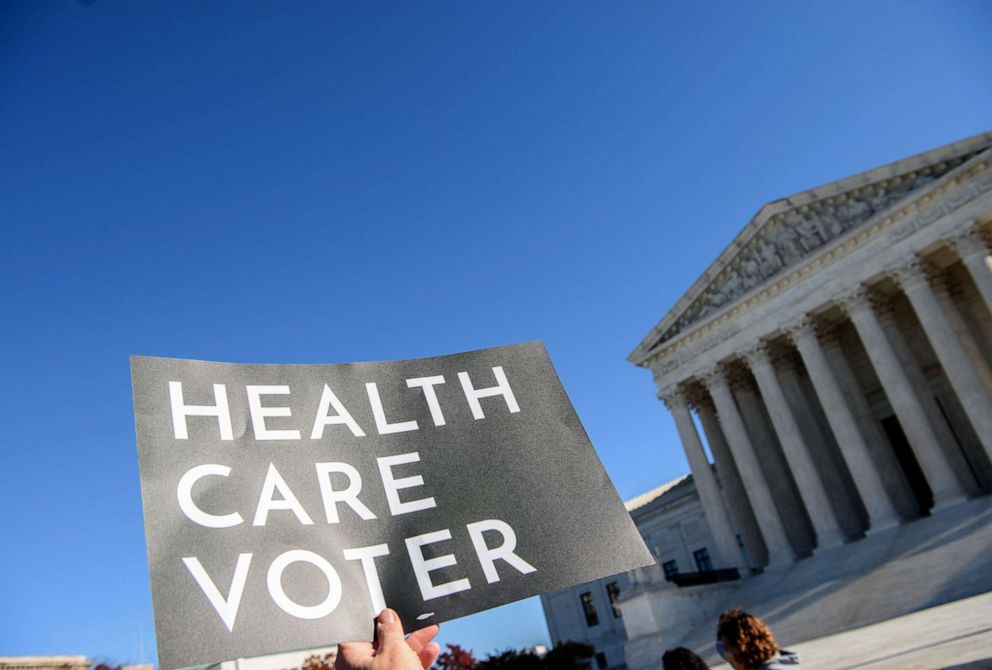
Democratic control of Congress and the White House all but ensures the law can survive in some form, regardless of how the court rules.
The president-elect has proposed a massive expansion of ACA coverage, including more financial help for people buying plans on HealthCare.gov; wider access to Medicaid; and creation of a so-called public option health plan that any American could buy into.
Biden has said his top priority is confronting the coronavirus pandemic and recession, vowing 100 million vaccine doses distributed in his first 100 days along with billions of dollars in fresh economic stimulus. More generous marketplace subsidies and resources to bolster ACA enrollment are potential steps that could be included in the legislation, sources said.
Amanda Bowen of Goffstown, New Hampshire, a type 1 diabetic, divorced mother of two and Medicaid recipient, said bolstering the ACA after years of neglect is a matter of life or death for her.
"Without that, I wouldn't be here today. There is no way I could afford it. There's no way," she said of the prescription insulin she needs to survive.
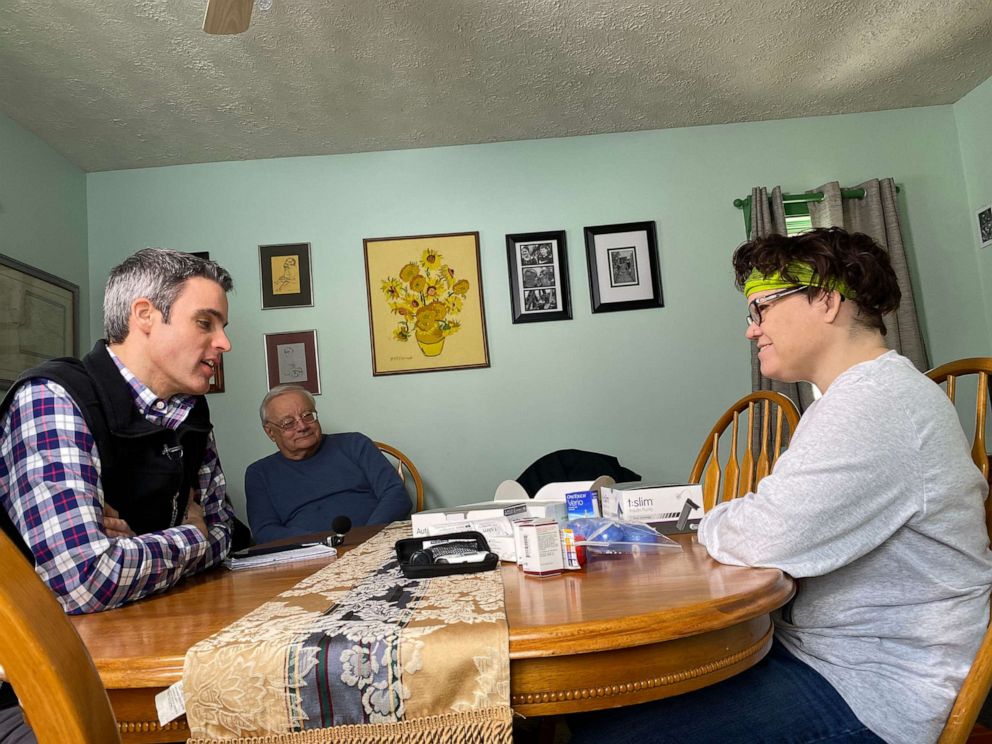
On the very day Biden was declared winner of the 2020 election in November, Bowen's health care financial crisis took a turn. She was hit by a car while riding her bike and just days after that got hit with COVID-19.
"The driver that hit me was uninsured, so that brings a whole other thing that I have to try to figure out financially," Bowen told ABC News Live. "I've gotten a bill from the ambulance. It was $1,200 for the not-even-a-mile-long drive to the hospital."
The divorced mother of two makes less than $1,300 a month as a freelance designer.
"Income cannot limitate (sic) health care. And that's where I'm stuck now," she said.
Millions of Americans feel stuck in a health system in crisis with preventive care and elective surgeries sidelined by the virus, drug prices soaring, and vaccination and testing programs faltering nationwide.
"I'm absolutely convinced that, in 100 days, we can change the course of the disease and change life in America for the better," Biden said in a speech on his health plan late last year.
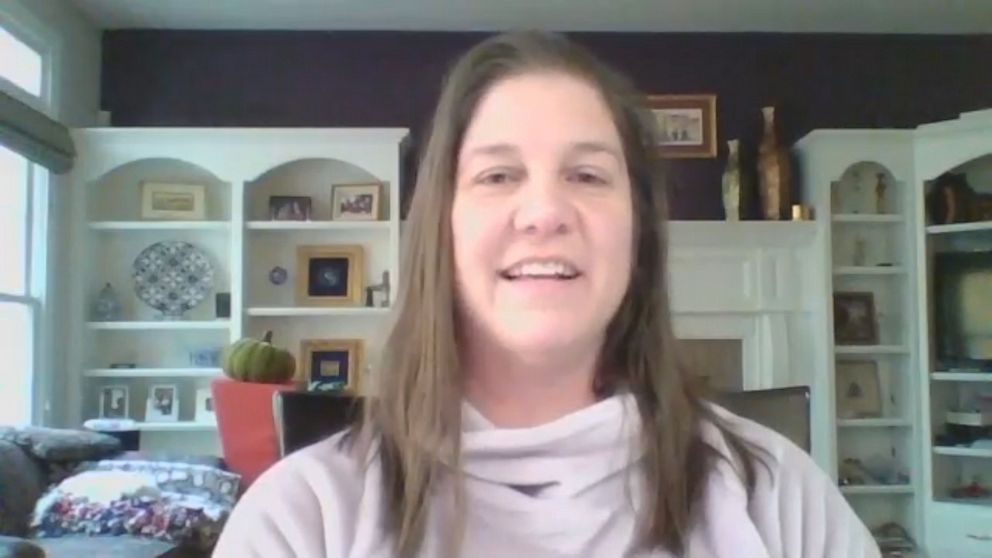
Christine Callahan of Ohio, a political independent, said she is encouraged by discussion of an insurance option not tied to employment.
"The Republicans in Congress said for years, 'we're gonna have a better plan. We'll put a better plan in place when we're in power.' And then they were in power, and they have done nothing to replace, to improve the ACA," Callahan said.
Her 13-year-old son Andrew, who has an undiagnosed genetic condition, requires $7,000 a month in medical care. She says she believes a public option could be a big step forward.
"I'd love to be in the days where I could raise chickens in my backyard and go to the doctor and exchange a chicken for our health care. We are so far past that that there is there is no option to do this on your own unless you are, you know, in that one percent," she said.
Creation of a public option health plan is not among Biden's first legislative priorities and does face strong opposition from Republicans and some moderates; but, it is considered potentially achievable in his first term.
"A public option is interesting because that has definitely become the more moderate option within the Democratic Party. That does seem like it has a chance to pass the Senate," said Nathaniel Rakich, an elections analyst with FiveThirtyEight. "It's going to come down to some of these more moderate senators like Sen. Joe Manchin of West Virginia and Sen. Susan Collins of Maine."
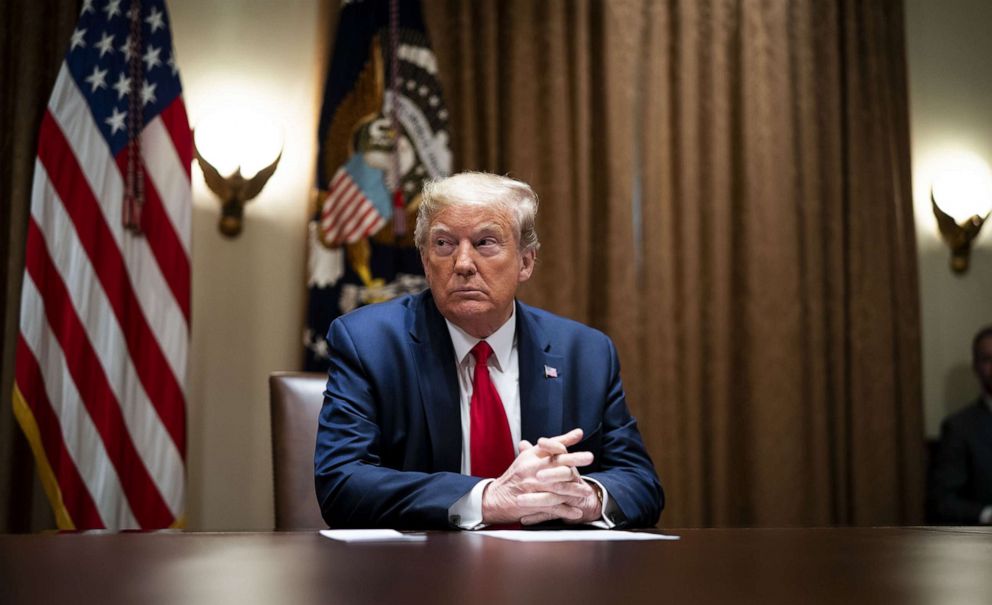
But first, sources close to Biden said the new president will use executive authority to roll back key parts of Trump's health care legacy: restoring protections for transgender people in health care; limiting exemptions to contraceptive coverage for women; and, curbing waivers for states to impose work requirements on Medicaid recipients.
Not all of the regulatory changes will be quick or easy, including a move to reverse Trump's effective ban on Title X taxpayer funding for Planned Parenthood.
"When you want to get rid of a rule, you've got to go through a pretty cumbersome -- they call it notice and comment process," said Bagley. "That process will often take more than a year, so for the big-ticket regulations -- sometimes it's gonna take a little bit of time."
Bowen said, despite political upheaval and a health system in crisis, she's optimistic about the months ahead.
"I think we'll see within the next year or so that we will have traction towards universal health care by starting with Medicaid expansion, making that available to the general public," she said. "Whether or not (Congress and the president) will, that's something else altogether, but they will have the ability to do this now."
